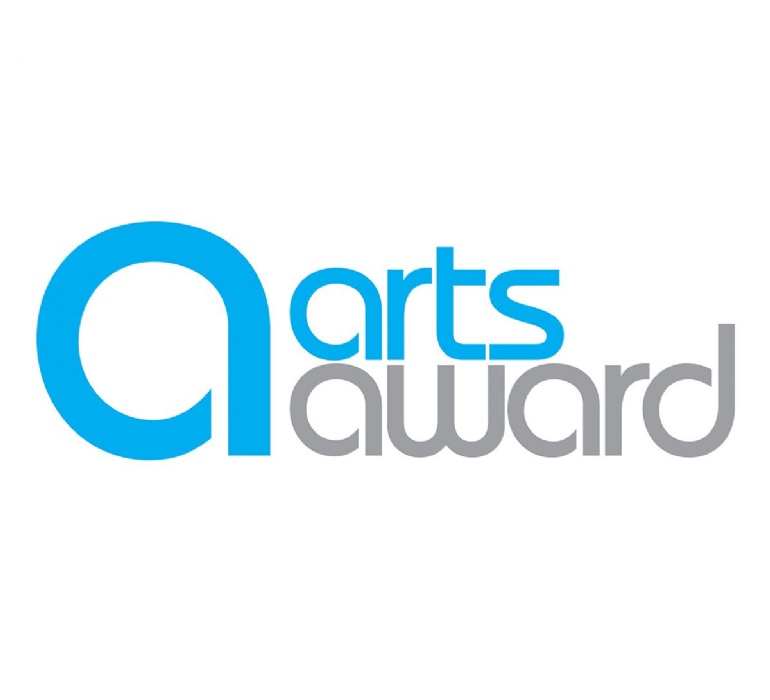
Running Arts Award Bronze in English: Lessons from Our First Year
Ely College is dedicated to giving all our students the chance to experience and engage in arts events. As part of this commitment last year, our English department ran Arts Award Bronze for the first time. We decided to offer the qualification in our year 8 curriculum so that students who go on to take arts-based option subjects have the chance to achieve their Silver award in year 9 or above.
Often mistaken for merely 'paper pushers,' English teachers are sometimes considered 'not creative'. However, our dedicated practitioners wanted to challenge that stereotype by showcasing the creativity used in English language and literature studies. Running an Arts Award Bronze qualification in our lessons was the perfect opportunity.
However, running the course for over 280 students required meticulous planning and coordination between ten teachers. As a team, we wanted to keep autonomy in our classrooms but ensure a consistent experience for our students. This meant we had to meet regularly, sharing planning but also tailoring it to our individual classes' needs.
Training and Preparation
Our first step in running the award was to ensure that everyone was trained to be an Arts Award Advisor. While lessons could be delivered without the formal instructor certification, we felt that it was important that everyone teaching the award had a clear understanding of the qualification requirements. We also wanted all our students to have a trained advisor delivering their sessions. With such a large cohort going through the qualification, it was also imperative that all teachers were trained to mark and coordinate the portfolios for moderation.
Coordinating the Scheme of Learning
Once trained, we all collaborated to design the scheme of learning. Since we were delivering the qualification in English curriculum time, we wanted to build on students' learning in English over the year. The sections were delivered as follows:
Section A: Explore the Arts as a Participant
We encouraged students to showcase the skills they had learned in their English course. Many wanted to write poetry or short stories. However, others explored costume design for characters from Much Ado About Nothing, the Shakespeare text we studied that year, and set design for plays, graphic novels, and manga. The students' creativity was genuinely remarkable.
Section B: Explore the Arts as an Audience Member
As part of our Arts Mark commitment, the college subscribes to Digital Theatre Plus, allowing our students access to live theatre recordings. This supports their studies of curriculum texts and also allows students to explore a range of live theatre titles in their own time. This subscription allowed us to choose a suitable play to watch in individual classes. We created tickets for the 'shows' and ran discussion groups after we completed watching. This was a popular part of the award!
Section C: Arts Inspiration
In our first year of running the qualification, we allowed students free reign to decide on their arts inspiration practitioner. However, this led to many discussions about who would or wouldn't be suitable. Some students felt they wanted to research footballers who had written books. This meant we had to give more time and guidance on a one-to-one level to these students, who needed help discovering arts-based practitioners who inspired them. This was definitely a section that we learned from as a team, and we have put a lot of thought into how we run this section in our next delivery.
Section D: Art Skills Share
This was the most challenging part of the qualification in terms of logistics. Although some students could complete this at home and bring evidence of doing so, most needed to do this within school time, making it difficult for students who wanted to share musical skills without instruments or physical skills in a small space. However, we had lots of innovative solutions come up with by our students, from creating stop motion videos to designing realistic special effects make-up.
Celebration event
At the end of the process, we celebrated the students' achievements with an evening event in our library. We invited parents and carers into the school to view the portfolios and to see students receive their certificates.
Students took photographs with our head teacher, Mr Warburton, and collected their Arts Award pins, which they can wear on their blazes. It was a wonderful evening of celebration and recognition.
What have we learned from Year One?
Both teachers and students thoroughly enjoyed the lessons, and we loved running it at the end of the school year. We will continue with this timing. However, we will work as a team to continue refining our tasks and delivery.
We have learned that booking moderation after running the course is wise, as some students in a year cohort may not be able to complete all tasks if there are attendance issues. This ensures that we will not be paying for entry fees that are not required.
Next time around, we hope to have more budget available to offer the students more arts experiences so that they have a variety to speak about.













